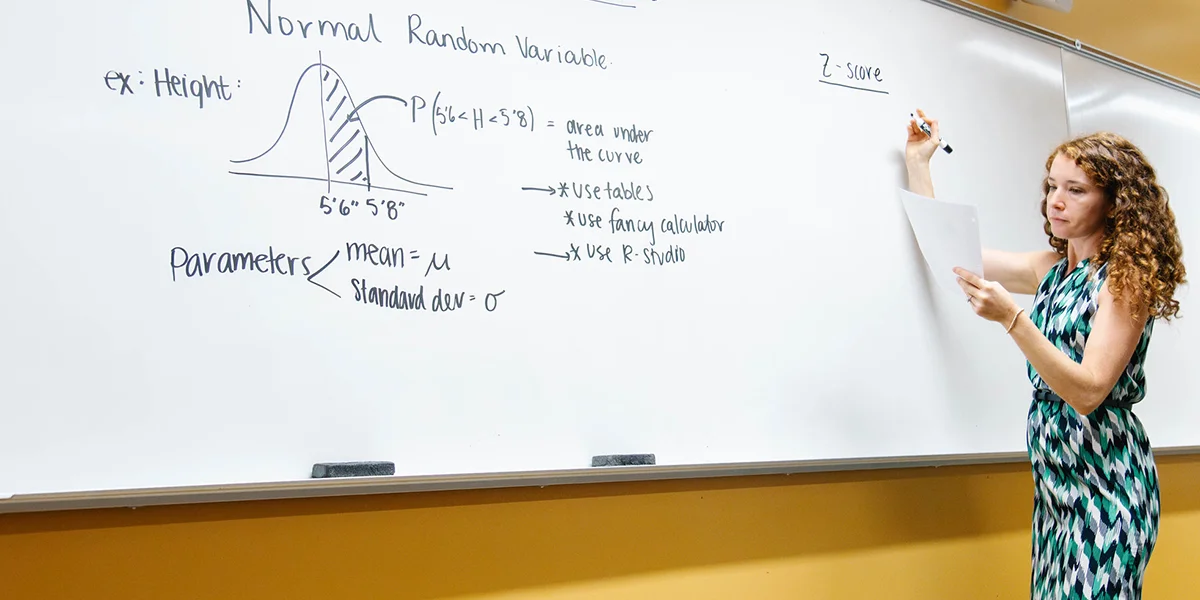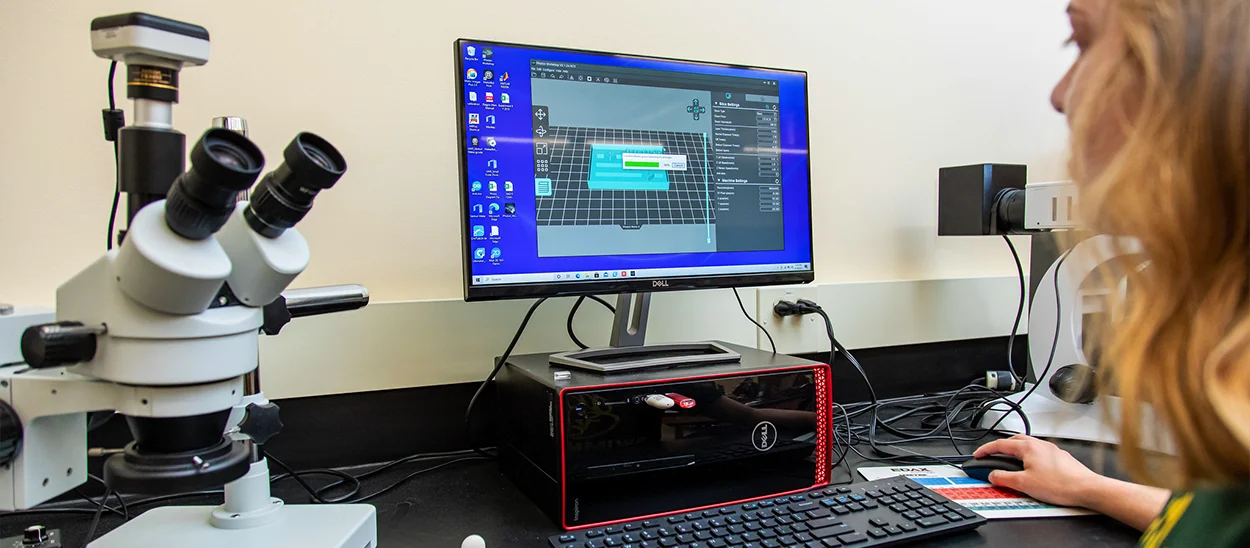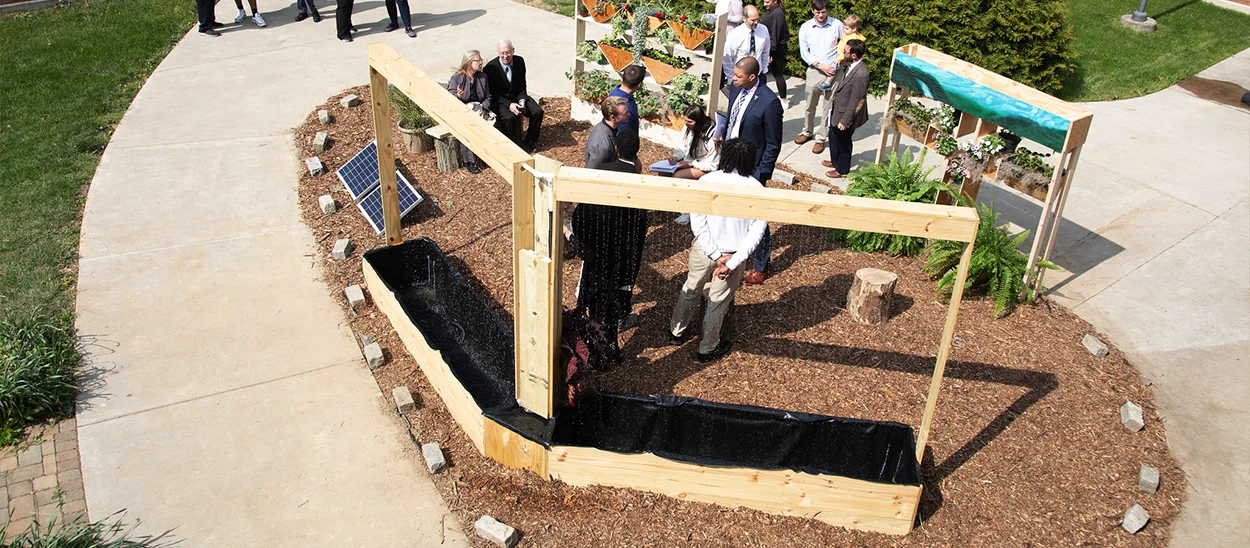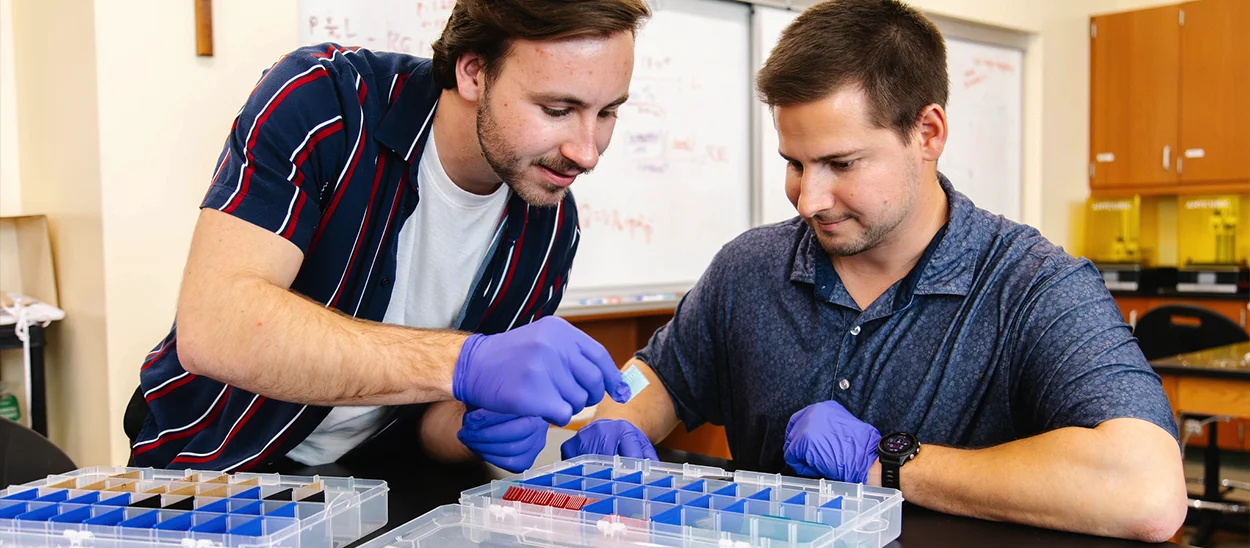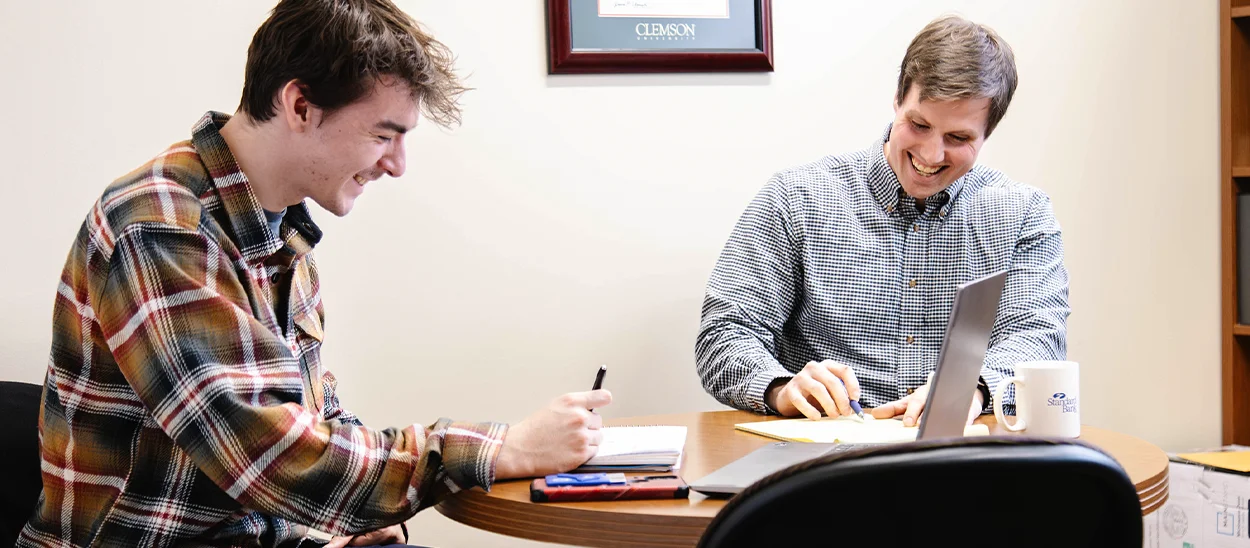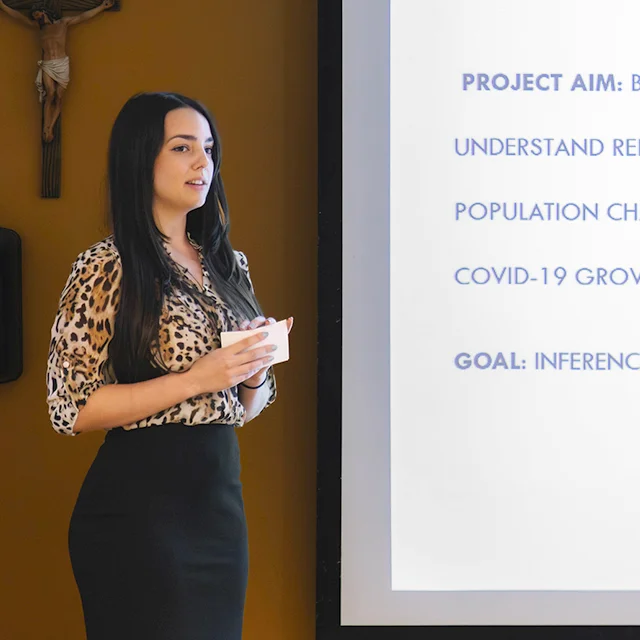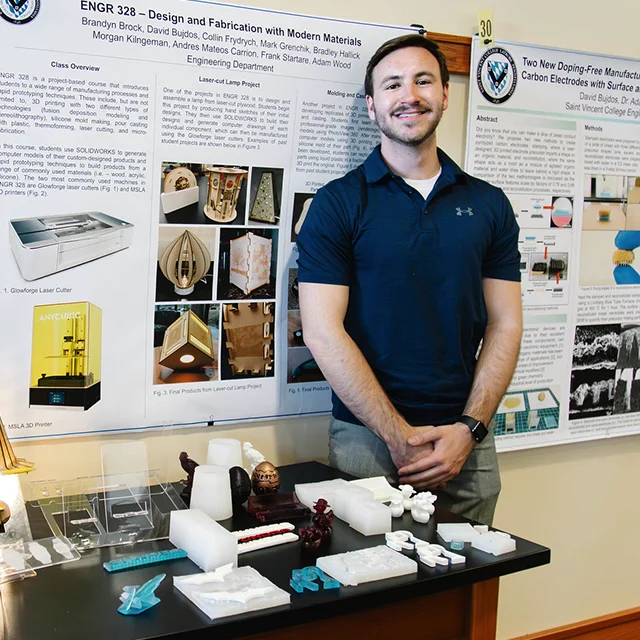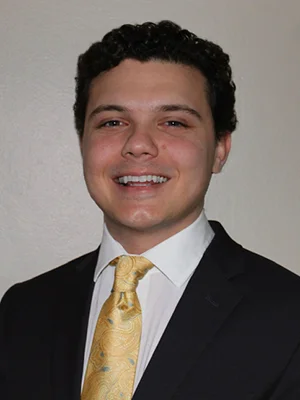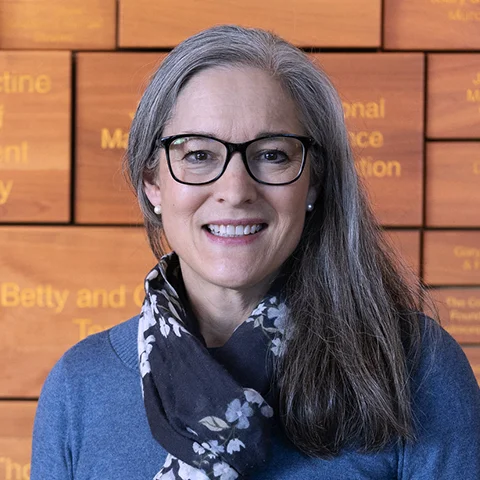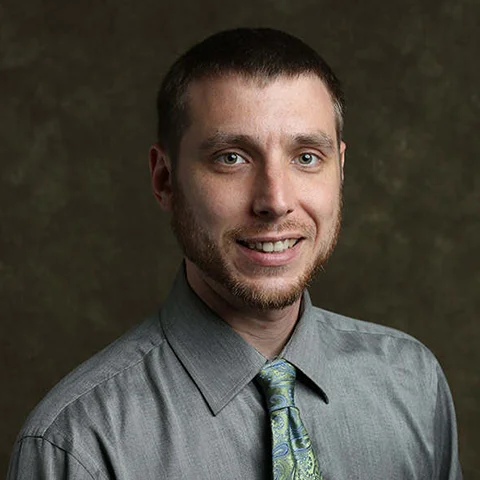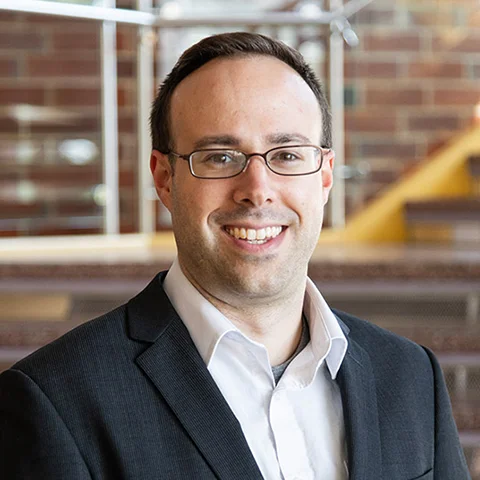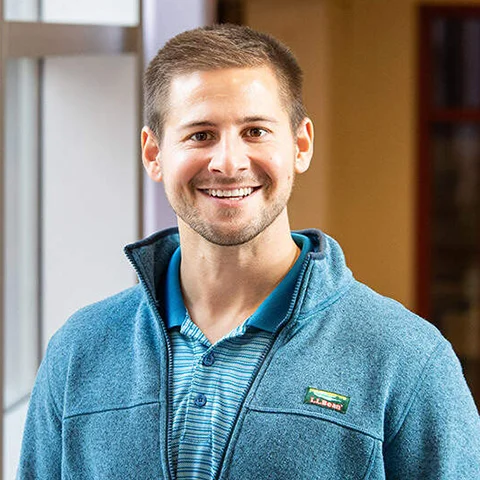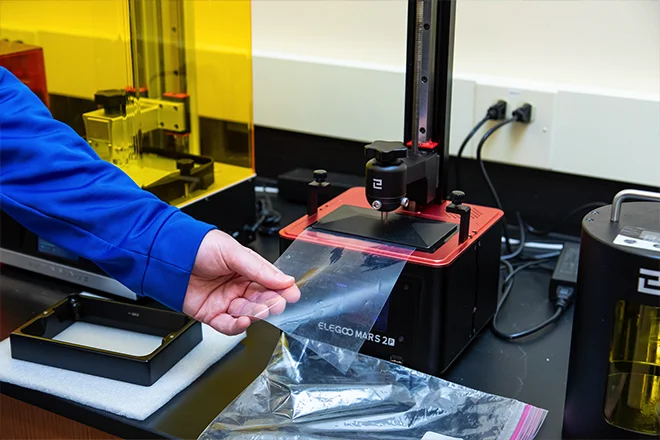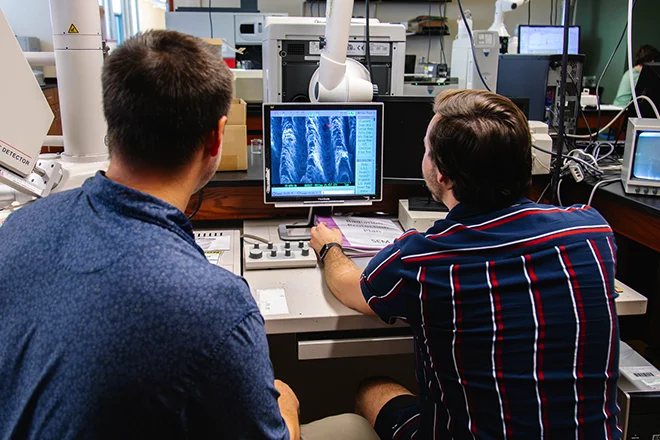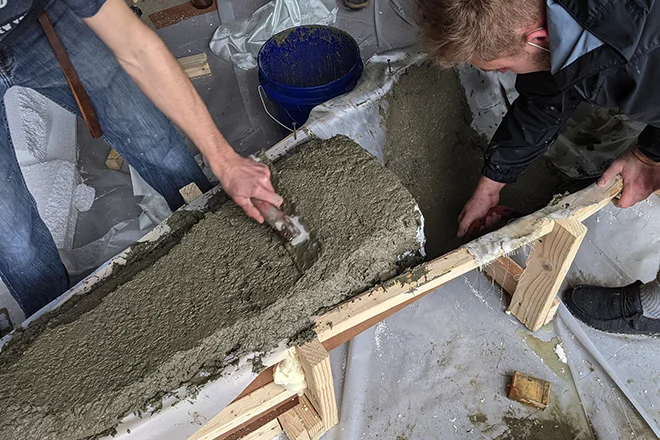Required Courses
We believe that engineering is best learned by putting the theoretical concepts learned in lecture classes into practice. As such, students are exposed to hands-on activities in engineering throughout their time at Saint Vincent, starting as early as their first semester of freshman year.
Requirements for a Bachelor of Arts Degree in Mathematics/Engineering
Major Requirements (at least 64-65 credits)
Mathematics Requirements (19 credits)
- MA 111 Analytical Calculus I 4
- MA 112 Analytical Calculus II
- MA 211 Analytical Calculus III
- MA 212 Ordinary and Partial
- Differential Equations
- MA 311 Probability and Statistics I
or MA 241 Statistics I (3)
Science Requirements (16 credits)
- CH 101 General Chemistry I
- CH 103 General Chemistry I Laboratory
- CH 102 General Chemistry II
- CH 104 General Chemistry II Laboratory
- PH 111 General Physics I
- PH 113 General Physics I Laboratory
- PH 112 General Physics II
- PH 114 General Physics II Laboratory
Engineering Core Requirements (13 credits)
- ENGR 100 Introduction to Engineering
- ENGR 115 Introduction to Engineering Computation
- ENGR 223 Statics
- ENGR 240 Engineering Design and Laboratory
Additional Requirements (18 credits)
Students also take two engineering electives and four technical electives.

